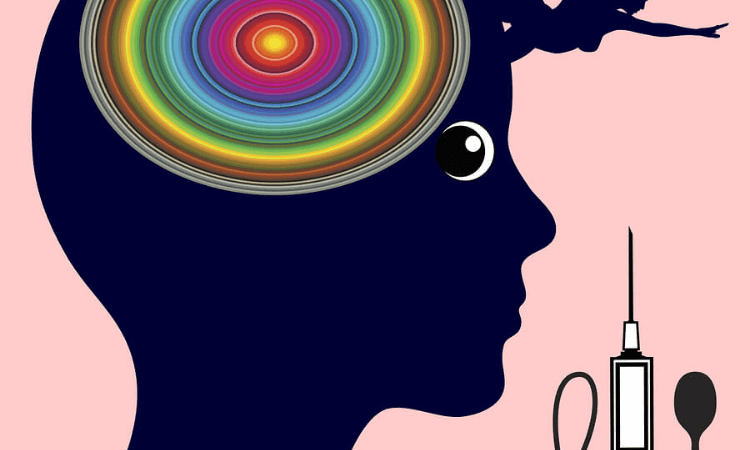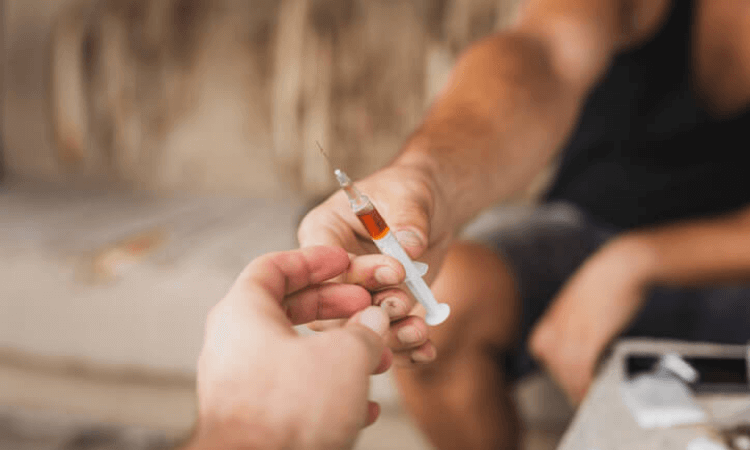How do we use your information?
We may use the information we collect from you when you register, make a purchase, sign up for our newsletter, respond to a survey or marketing communication, surf the website, or use certain other site features in the following ways: To personalize your experience and to allow us to deliver the type of content and product offerings in which you are most interested. To follow up with them after correspondence (live chat, email or phone inquiries)
How do we protect your information?
Our website is scanned on a regular basis for security holes and known vulnerabilities in order to make your visit to our site as safe as possible. We use regular Malware Scanning. We do use an SSL certificate. We only provide articles and information. We never ask for personal or private information like names, email addresses, or credit card numbers.









